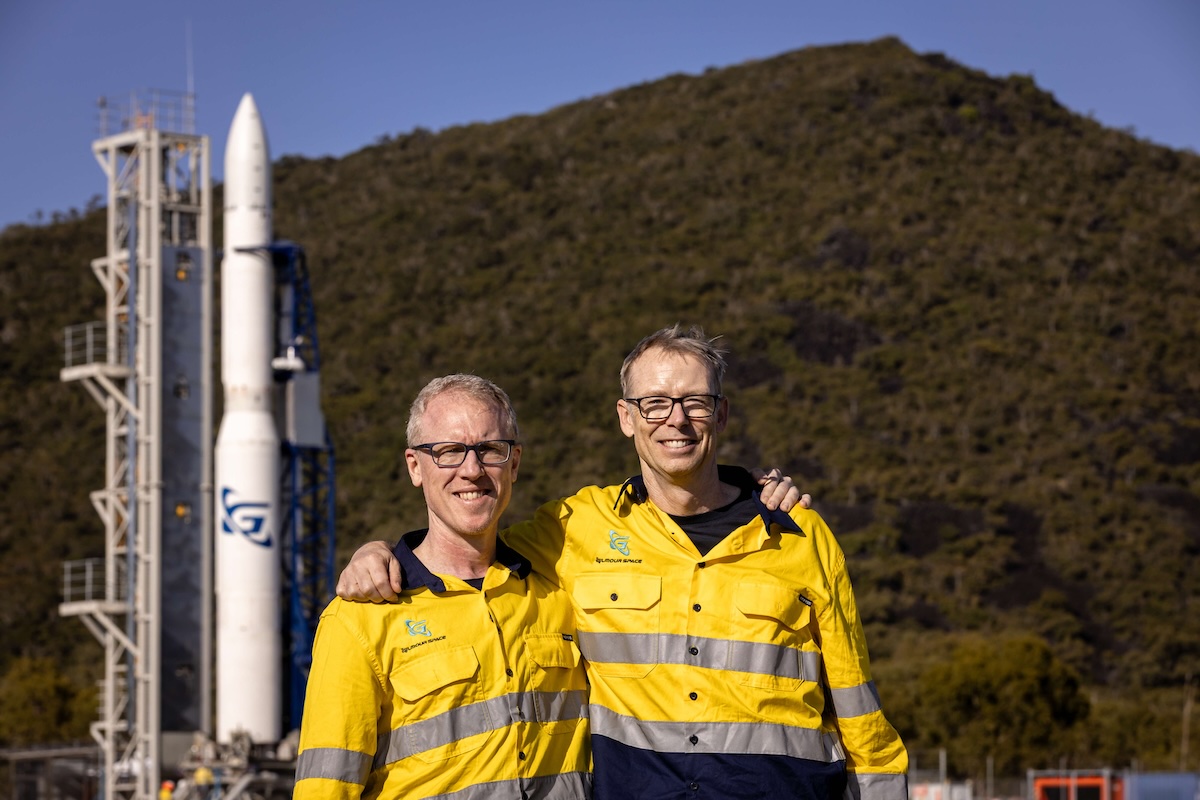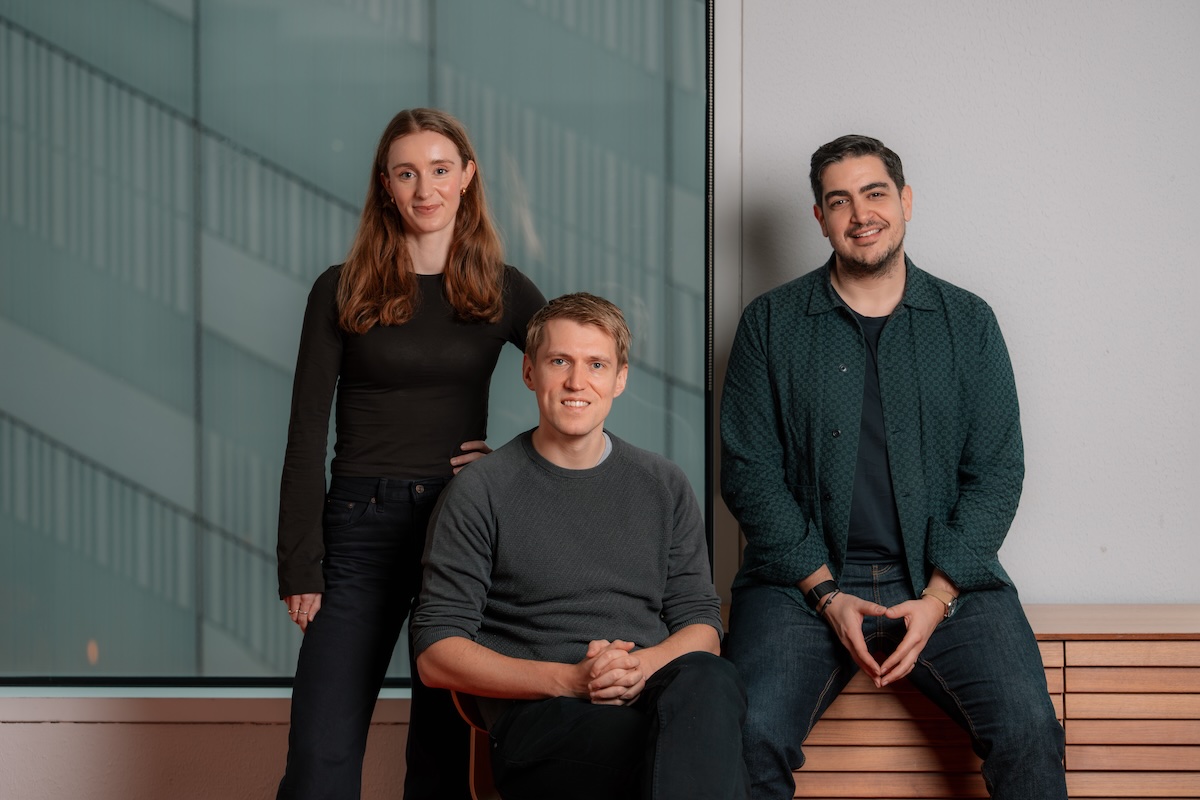
Scaling Hardware with Vignesh Kumar
Tech investor, GD1 venture partner and former Apple Engineering Manager Vignesh Kumar explores what it means to scale and why it's important.
In our latest Giants Weekly session, we were joined by tech investor, venture partner and former Apple Engineering Manager, Vignesh Kumar to unpack the art of scaling hardware. We covered what breaks at scale, commodity vs bespoke engineering and how to build a great culture for a hardware startup.
Scaling and why it matters
What is scaling?
Scaling a hardware product is fundamentally different to software as you are constrained by the laws of physics, Vignesh explains. It’s important to distinguish the four different ways to scale in the world of atoms:
- Increase in product output (volume)
- Increase in production process throughput rate (cycle time)
- Decrease in failure rate of production processes (yield)
- Decrease in marginal cost to produce a unit (cost)

“Things that can go wrong, do go wrong.”
Things that break when scaling
Things will break - Vignesh can assure you of that. Here are some common things that are often the first to buckle with the pressures of scaling:
- Engineering design that is additive and reactive e.g. trying to ‘tack on’ solutions to solve consumer problems
- Processes that are layered with multiple touchpoints
- Artisanal type componentry e.g. startups using bespoke parts instead of off-the-shelf engineering inputs
- Sourcing materials from far flung locations e.g. Sourcing parts from the U.S. that get shipped to Japan and then to England before arriving in Australia
- Team morale: Because their mental health can often be tied to the number of defects in the hardware, teams will start losing self belief
Design mindset
There are two key concepts that Vignesh unpacks: commoditised vs bespoke engineering and effective design transfer.
Commoditised vs bespoke engineering
Recognise the value of off-the-shelf commodity parts. There is a temptation with startups to want to make all their own inputs or source bespoke/artisanal parts, but this doesn’t scale. The same applies for factories. Instead, Vignesh thinks it is often the sign of a mature entrepreneur when they are comfortable with contracting out instead of wanting to build their own capabilities.
Effective design transfer
“Don’t have people operating in silos” Vignesh advises. The best hardware teams have open communication between sales, engineering and operations. Different teams have to know what is technically possible with the product and how much can be achieved through ‘blunt force innovation’ (Vignesh calls this throwing the cheque book at an engineering problem).
Company Culture
Effective culture is the only way hardware startups can scale their product without losing faith. Here are some practices Vignesh has observed in successful teams:
- Open and honest communication: There is a tendency for hardware teams to overpromise and try to keep up with what the sales team is selling. It is more important to communicate honestly
- Celebrate all wins, not just sales or consumers facing actions: Celebrate engineering victories that aren't tied to external goals such as sales
- Empathise with you team members when things aren't going well
- Sourcing materials from far flung locations e.g. Sourcing parts from the U.S. that get shipped to Japan and then to England before arriving in Australia
- Realise that everyone is on the same team (trying to execute on the same thing)
If you have any questions about scaling/hardware, you can contact Vignesh at vignesh@gd1apac.com. Make sure to register for the final Giants Weekly Session of the year with our very own Rick Baker.



.webp)





